Perth-based Altech Batteries has, as part of its joint venture collaboration with German research organisation Fraunhofer IKTS, unveiled the design of a new 1 MWh GridPack non-lithium battery energy storage system for the renewable energy and grid storage market.
The launch of the “plug and play” GridPack comes just six months after the two companies entered a joint venture agreement to commercialise Fraunhofer’s Cerenergy sodium alumina solid state battery technology which relies on sodium ions commonly found in table salt and avoids using rare and expensive metals such as lithium, cobalt, graphite and copper.
Altech said the technology eliminates exposure to critical metal price rises and supply chain concerns while German government-owned Fraunhofer has estimated that the cost of producing Cerenergy batteries should be in the region of 40% cheaper than lithium-ion batteries which currently dominate the global energy storage market.
The joint venture is commercialising the sodium chloride battery technology, with plans to construct a 100 MWh production facility on Altech’s land in Germany. It is anticipated the facility will produce 10,000 individual 10 kWh Cerenergy battery modules each year to provide grid storage solutions to the market.
While the development of the manufacturing facility continues, the companies have now launched the design of the 1.0 MWh GridPack.
Each GridPack, to be housed in a standard shipping container, will comprise up to 20 individual 60 kWh battery packs connected to a power management system. Each unit will have a distinct rating of 600 v (dc) and 100 amp hours and will be able to be arranged in a series to achieve the required rating of several thousand kW for grid functioning.
Altech said the GridPacks are modular and stackable, which reduces their footprint, and have a “plug and play” feature that makes them easy to install in remote locations.
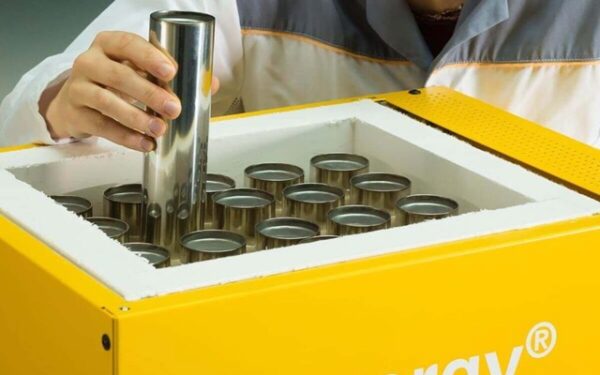
Image: Fraunhofer IKTS
The company said there are no moving parts such as cooling fans and the batteries can operate in any climate without need for thermal management – a key advantage of sodium-alumina solid state batteries over lithium-ion alternatives.
“These 1 MWh GridPacks will offer significant benefits for the fast-growing renewable energy and grid storage sectors,” the company said. “They are an excellent means of stabilising the grid by providing a source of backup power during periods of high demand or when renewable energy sources are not producing at capacity.”
“They are also a cost-effective solution for storing and distributing renewable energy across a variety of applications, including grid-scale storage, microgrids, and electric vehicle charging.”
This content is protected by copyright and may not be reused. If you want to cooperate with us and would like to reuse some of our content, please contact: editors@pv-magazine.com.
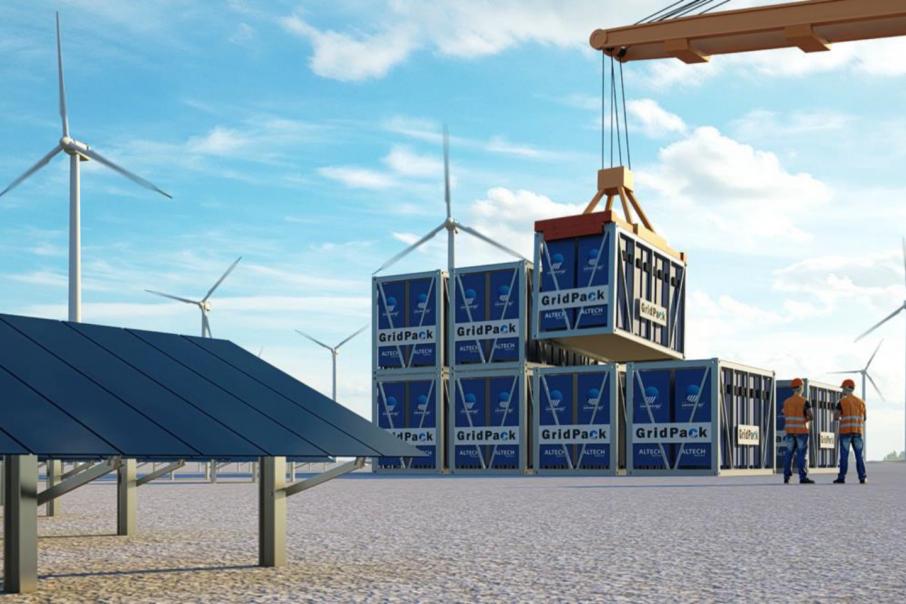
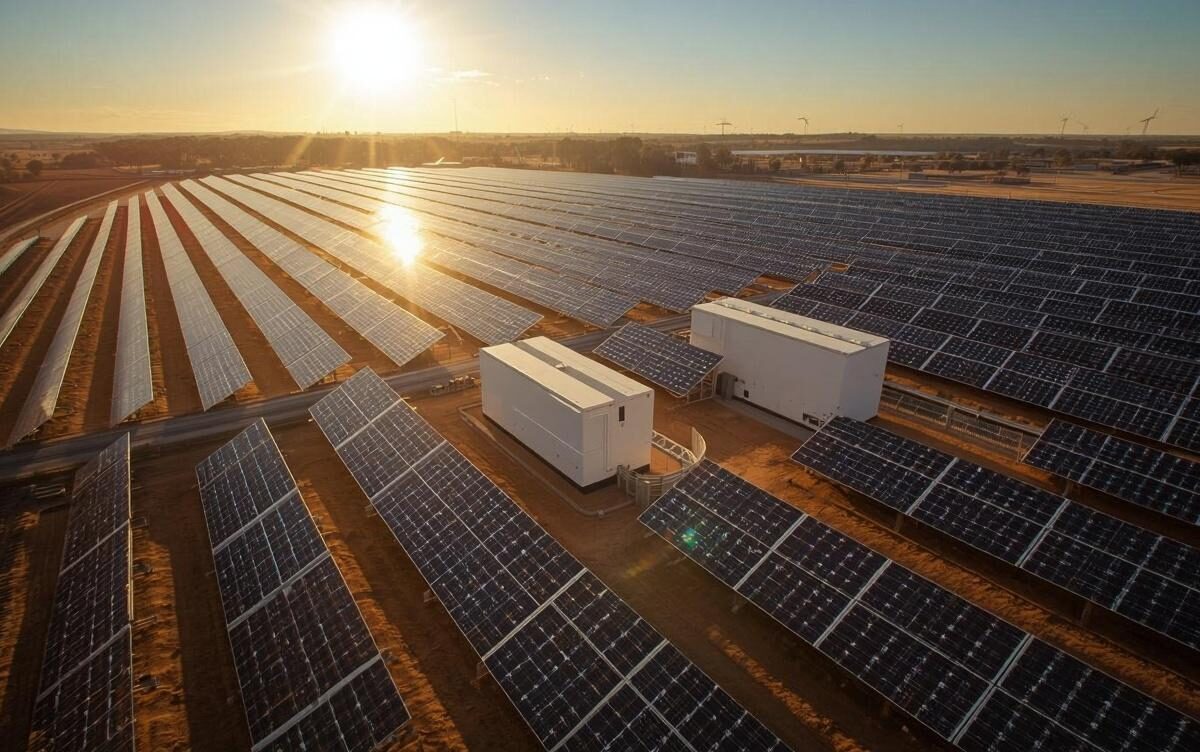


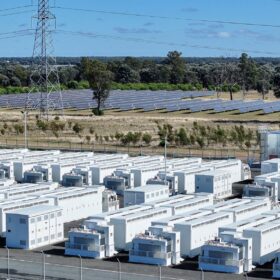
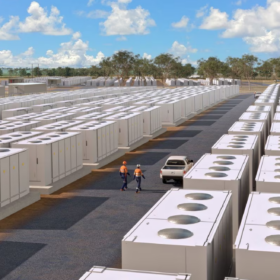
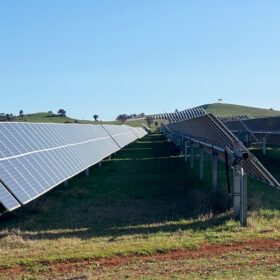
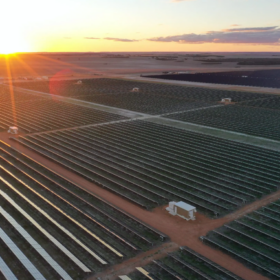
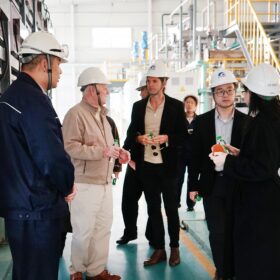
Can Altech develop a 60kWh module for residential installation. In winter Melbourne has a consistently grey sky for days on end. Two Powerwalls is not enough. If Altech can offer a product for about half the cost of a powerwall then they will tap a huge market in Australia